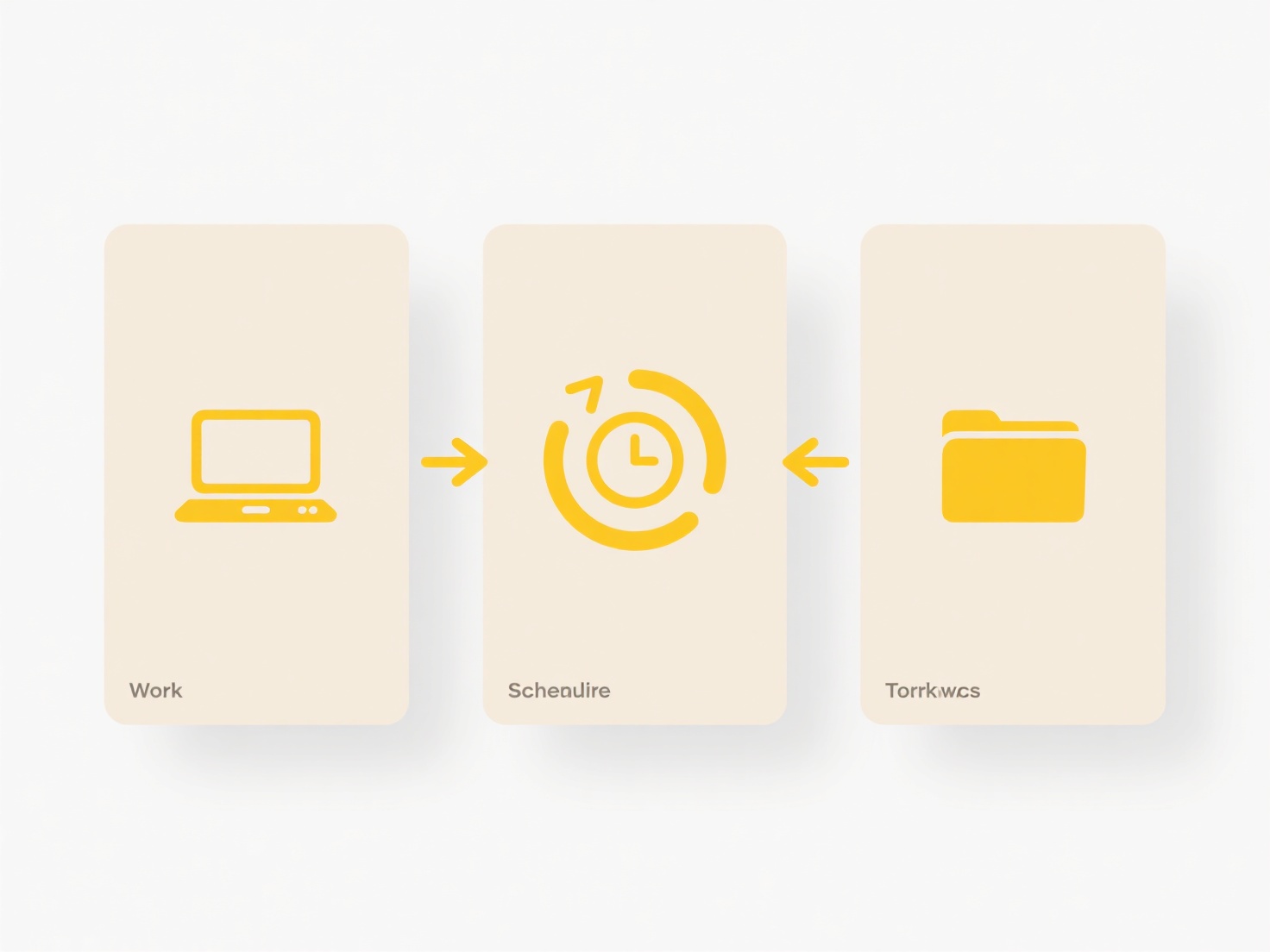
Time-limited API access allows sharing files via a unique API token that automatically expires after a set duration. It differs from traditional file sharing by granting programmatic access via an API call rather than a static download link or persistent user account. The token itself acts as a temporary credential with strict permissions, ensuring the recipient application can only access the specified file until the predefined expiration time.
This method is commonly used in cloud storage platforms like Amazon S3 Presigned URLs or Azure SAS Tokens. Developers integrate it into apps to let users download confidential reports from a portal for only a few hours. Healthcare SaaS platforms might leverage it to provide secure, temporary API access to large medical imaging files for external specialists, avoiding unnecessary data retention risks.

The primary advantage is significantly enhanced security, minimizing data leakage by automatically revoking access. A key limitation is that access duration is predetermined; users cannot extend it without generating a new token. This approach is increasingly favored for sharing sensitive data over APIs, balancing security with controlled interoperability and reducing the burden of manual access revocation.
How do I share files with time-limited API access?
Time-limited API access allows sharing files via a unique API token that automatically expires after a set duration. It differs from traditional file sharing by granting programmatic access via an API call rather than a static download link or persistent user account. The token itself acts as a temporary credential with strict permissions, ensuring the recipient application can only access the specified file until the predefined expiration time.
This method is commonly used in cloud storage platforms like Amazon S3 Presigned URLs or Azure SAS Tokens. Developers integrate it into apps to let users download confidential reports from a portal for only a few hours. Healthcare SaaS platforms might leverage it to provide secure, temporary API access to large medical imaging files for external specialists, avoiding unnecessary data retention risks.

The primary advantage is significantly enhanced security, minimizing data leakage by automatically revoking access. A key limitation is that access duration is predetermined; users cannot extend it without generating a new token. This approach is increasingly favored for sharing sensitive data over APIs, balancing security with controlled interoperability and reducing the burden of manual access revocation.
Quick Article Links
How do I open a file from email on Android?
Opening an email attachment on Android involves accessing a file sent as part of an email message and viewing or working...
How fast is Wisfile when processing large batches of files?
How fast is Wisfile when processing large batches of files? Wisfile efficiently processes large batches of files local...
Can I auto-rename handwritten notes after scanning?
Optical Character Recognition (OCR) technology attempts to convert scanned handwriting into digital text, potentially en...